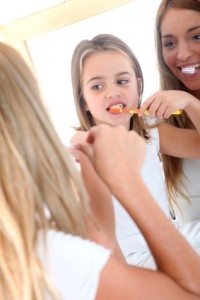 instill good oral health habits in your child. So read on for our recommendations on how to help your little one learn how good oral health starts at home!
instill good oral health habits in your child. So read on for our recommendations on how to help your little one learn how good oral health starts at home!
- Remember the best way for them to learn is to lead by example.
- Despite what your child says they need help brushing. You should be helping brush and checking your child’s brushing until they are at least 9 years old. Most kids do not have the manual dexterity to be efficient brushers until they are older. An electric tooth brush can help with a lot of the plaque removal but you should still be checking their teeth and doing a quick brush up of their back teeth as well.
- Get your child a toothbrush timer! Or an electric toothbrush with a timer built in. Even as an adult its hard to judge 2-3 minutes without some sort of timer.
- Once your child starts to get their adult teeth in you should introduce child flossers. I believe that flossing with children should be done by the child. Flossers get the child used to adding flossing to their daily routine and as they grow and develop better manual dexterity they can replace the flossers with regular floss.
- There are a myriad of dental products that are geared to every age group, in a variety of flavors and textures. Find which is your child’s favorite so the taste is not a deterrent.
- And lastly, DO NOT use going to the dentist as a threat, i.e.: ‘if you don’t brush your teeth then you are going to have to go to the dentist’. You want to avoid attaching negative feelings towards going to the dentist or their home care regimen. Also, its hard as a dentist to start a child’s first dental visit with them already hating being there without ever having been. Instead focus on the positives, for example: ‘If you want to have happy, healthy teeth you have to brush them’


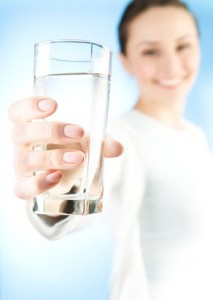
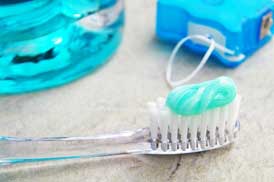
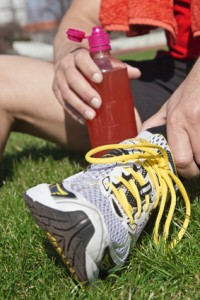 The studies were spurred on by the increase in consumption of sports and energy drinks, especially by adolescents. The study warned that both sports drinks and energy drinks have pH levels that are at a level of acidity that can cause demineralization or weakening of the enamel. Also, they found that they both contain citric acid, included to help improve the taste and shelf life of the drink, which can also have an effect on enamel. The study showed, that although both sports and energy drinks are acidic enough that if excessively consumed they can cause damage to dental enamel, energy drinks have a “significantly greater potential for enamel dissolution than sports drinks”.
The study also brought to light some interesting information:
The studies were spurred on by the increase in consumption of sports and energy drinks, especially by adolescents. The study warned that both sports drinks and energy drinks have pH levels that are at a level of acidity that can cause demineralization or weakening of the enamel. Also, they found that they both contain citric acid, included to help improve the taste and shelf life of the drink, which can also have an effect on enamel. The study showed, that although both sports and energy drinks are acidic enough that if excessively consumed they can cause damage to dental enamel, energy drinks have a “significantly greater potential for enamel dissolution than sports drinks”.
The study also brought to light some interesting information:
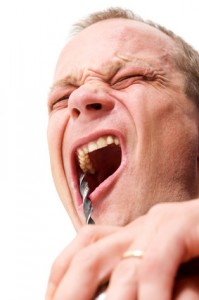
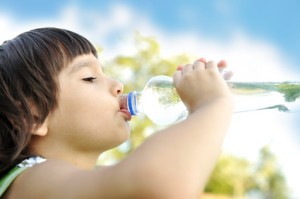 possible link with bottled water. Some articles have suggested that the increase in bottled water over tap water has decreased the amount of fluoride intake thereby increasing the rate of cavities in children. This statement is not entirely true. Although decreased fluoride intake can increase your susceptibility to cavities it is only one factor in a complex scenario. Also, keep in mind that many bottled water companies do offer water with fluoride in it and also many communities do not have fluoride in their tap water.
Over the years dentistry has focused on preventative care with pediatric patients. We do this by recommending good home care, fluoride use, dental sealants and regular check ups. This is only one piece of the puzzle though. One portion of care that dentists do not get to address thoroughly is a child’s diet. With an increase in high sugar and carbohydrate intake, processed foods, and children with little opportunity to brush their teeth during the day, we are seeing more and more children with cavities at a young age.
Bottled water is not the enemy, as the International Bottled Water Association stated in a recent article, bottled water does not have sugar in it and is a great and healthy alternative to other bottled drinks on the market. Fluoride is just one step to help our children achieve great oral health.
possible link with bottled water. Some articles have suggested that the increase in bottled water over tap water has decreased the amount of fluoride intake thereby increasing the rate of cavities in children. This statement is not entirely true. Although decreased fluoride intake can increase your susceptibility to cavities it is only one factor in a complex scenario. Also, keep in mind that many bottled water companies do offer water with fluoride in it and also many communities do not have fluoride in their tap water.
Over the years dentistry has focused on preventative care with pediatric patients. We do this by recommending good home care, fluoride use, dental sealants and regular check ups. This is only one piece of the puzzle though. One portion of care that dentists do not get to address thoroughly is a child’s diet. With an increase in high sugar and carbohydrate intake, processed foods, and children with little opportunity to brush their teeth during the day, we are seeing more and more children with cavities at a young age.
Bottled water is not the enemy, as the International Bottled Water Association stated in a recent article, bottled water does not have sugar in it and is a great and healthy alternative to other bottled drinks on the market. Fluoride is just one step to help our children achieve great oral health. 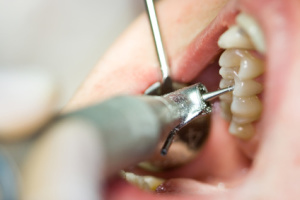
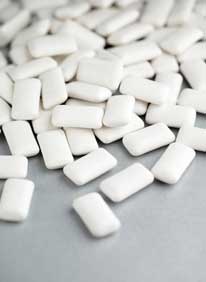 100% Xylitol can be consumed in many different product forms: mints, gum, lollipops, and granular just to name a few. Many commercial sugarless gums, which are not 100% Xylitol, contain approximately .5 grams of Xylitol per piece. It is recommended that 6-10 grams of Xylitol be consumed daily by children and adults. Therefore, it is recommended that a product with 100% Xylitol be consumed instead.
Products with 100% Xylitol can be difficult to find at your everyday local grocery store but you can usually find 100% Xylitol at health/organic food stores and on the Internet.
Xylitol is also recommended for infants and can be started with a few grams a day once the teeth begin erupting, working up to 6-10 grams as all the teeth have fully erupted. Since babies cannot chew gum/lollipop/mints, we recommend Xylitol be introduced in a granular form mixed in water. A wash cloth bathed in this solution can be used to clean the newly erupted teeth. Speak with your dentist or a pediatric dentist before introducing Xylitol.]]>
100% Xylitol can be consumed in many different product forms: mints, gum, lollipops, and granular just to name a few. Many commercial sugarless gums, which are not 100% Xylitol, contain approximately .5 grams of Xylitol per piece. It is recommended that 6-10 grams of Xylitol be consumed daily by children and adults. Therefore, it is recommended that a product with 100% Xylitol be consumed instead.
Products with 100% Xylitol can be difficult to find at your everyday local grocery store but you can usually find 100% Xylitol at health/organic food stores and on the Internet.
Xylitol is also recommended for infants and can be started with a few grams a day once the teeth begin erupting, working up to 6-10 grams as all the teeth have fully erupted. Since babies cannot chew gum/lollipop/mints, we recommend Xylitol be introduced in a granular form mixed in water. A wash cloth bathed in this solution can be used to clean the newly erupted teeth. Speak with your dentist or a pediatric dentist before introducing Xylitol.]]>